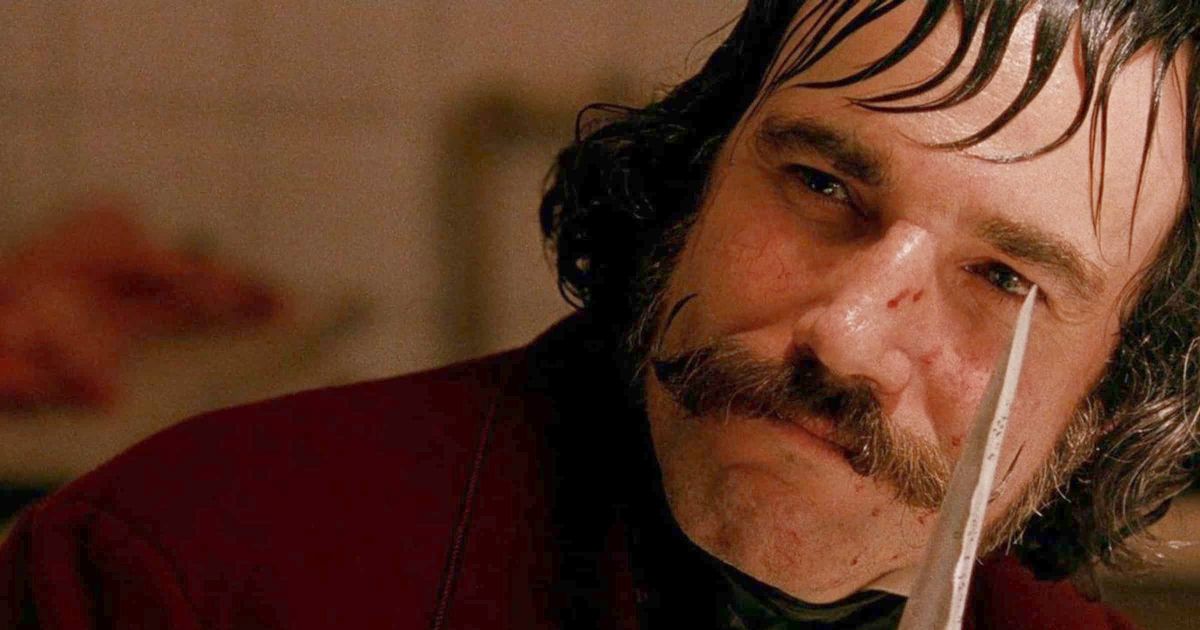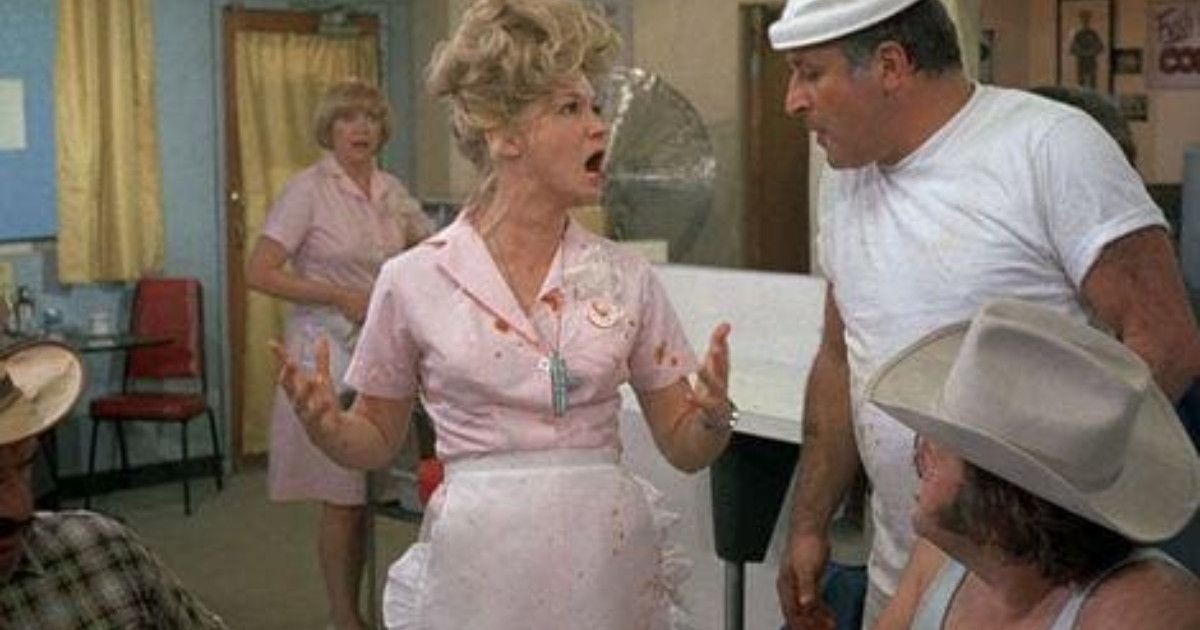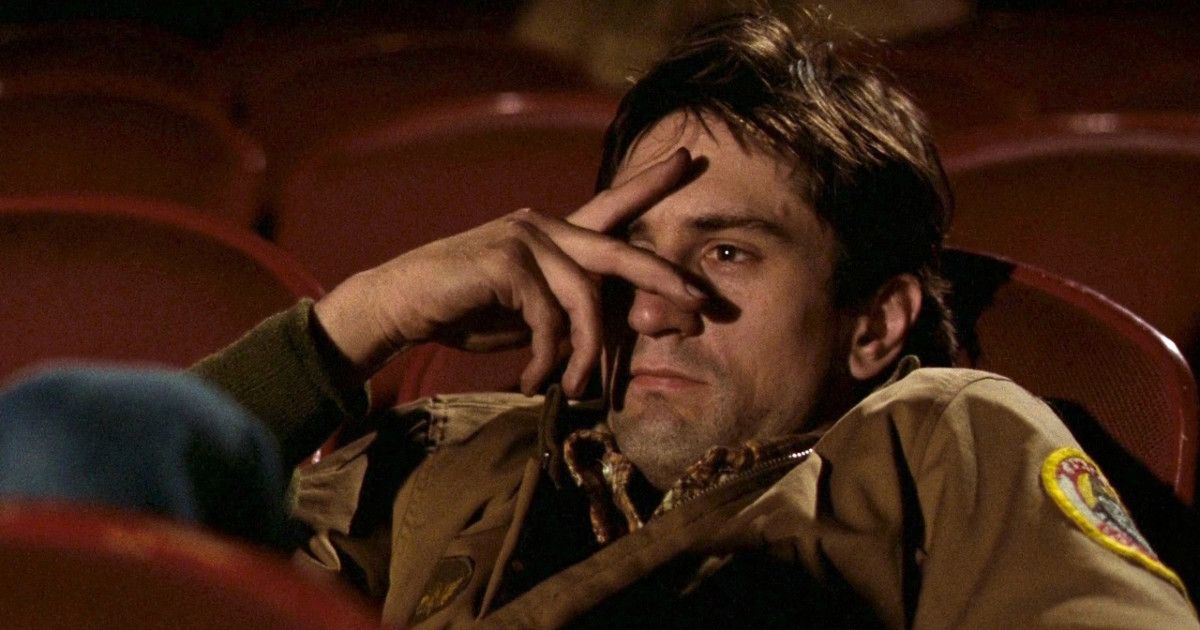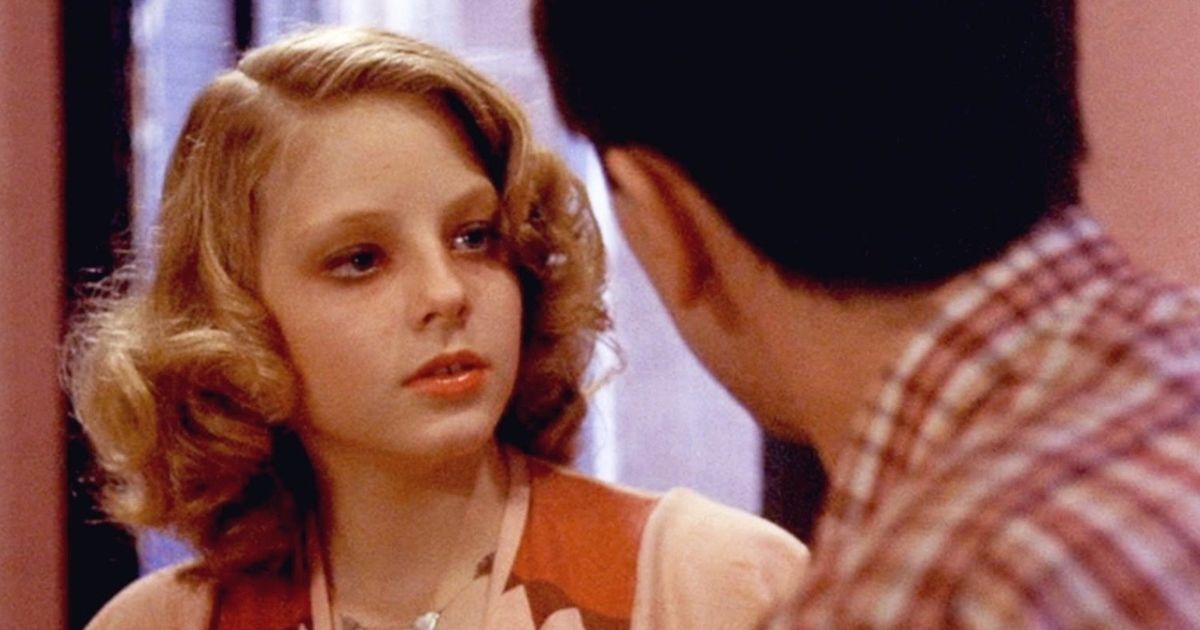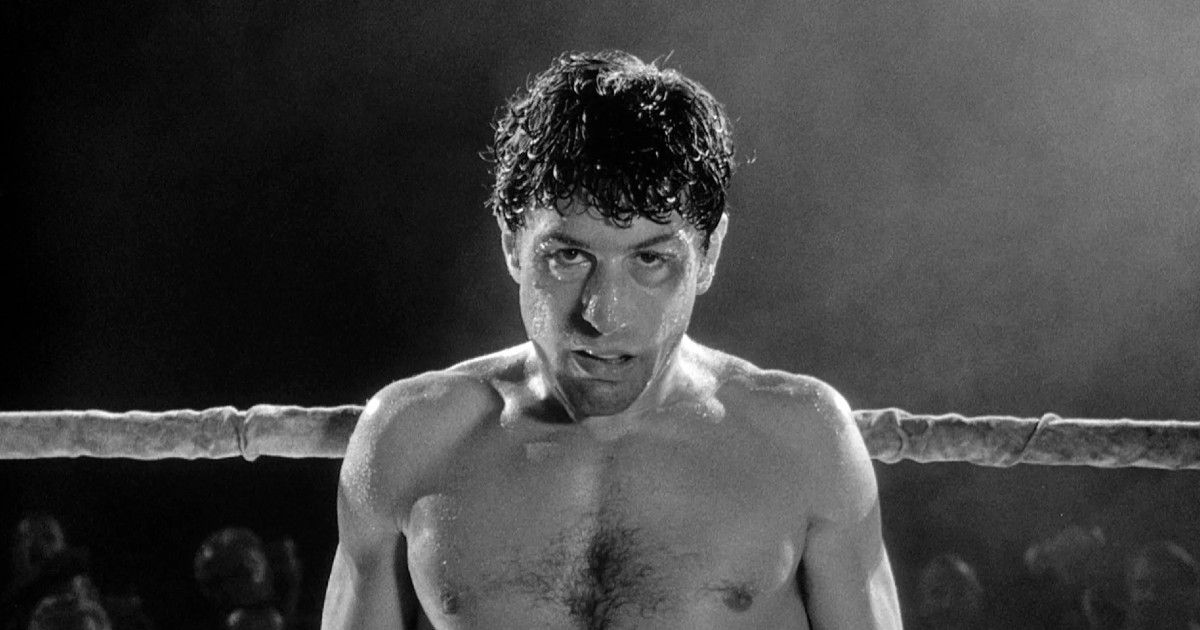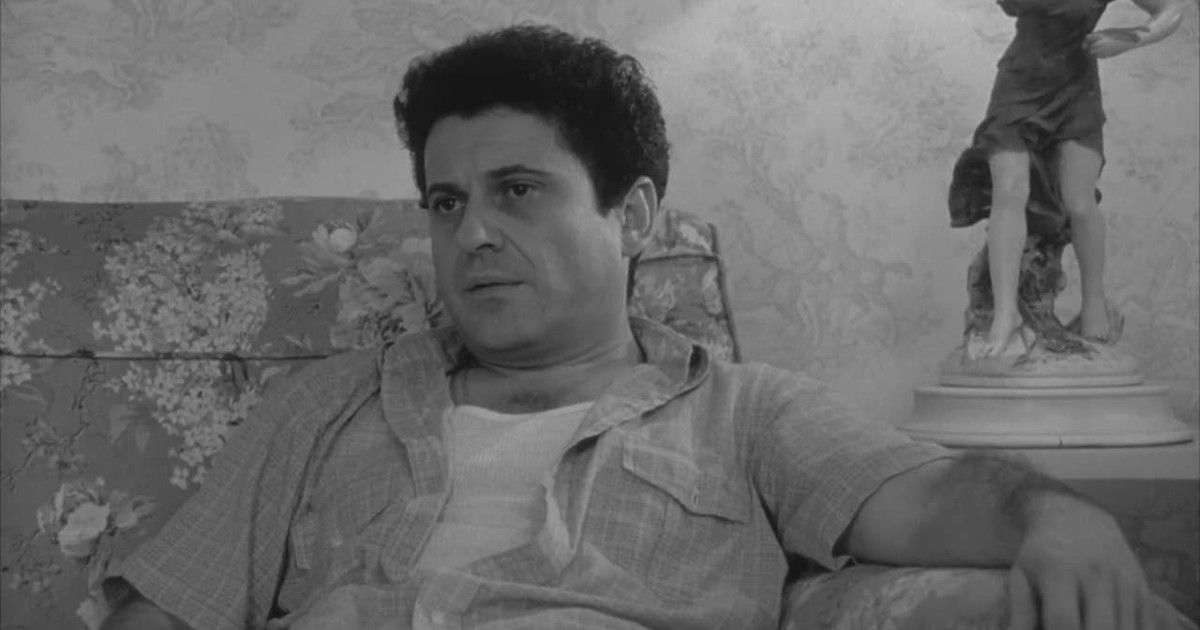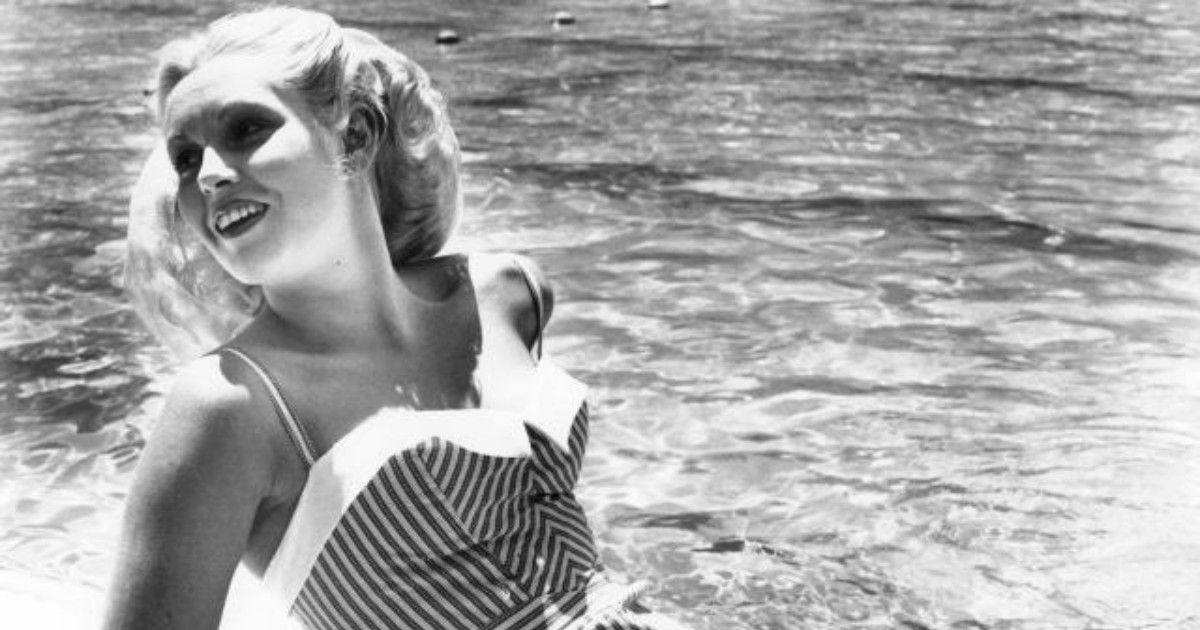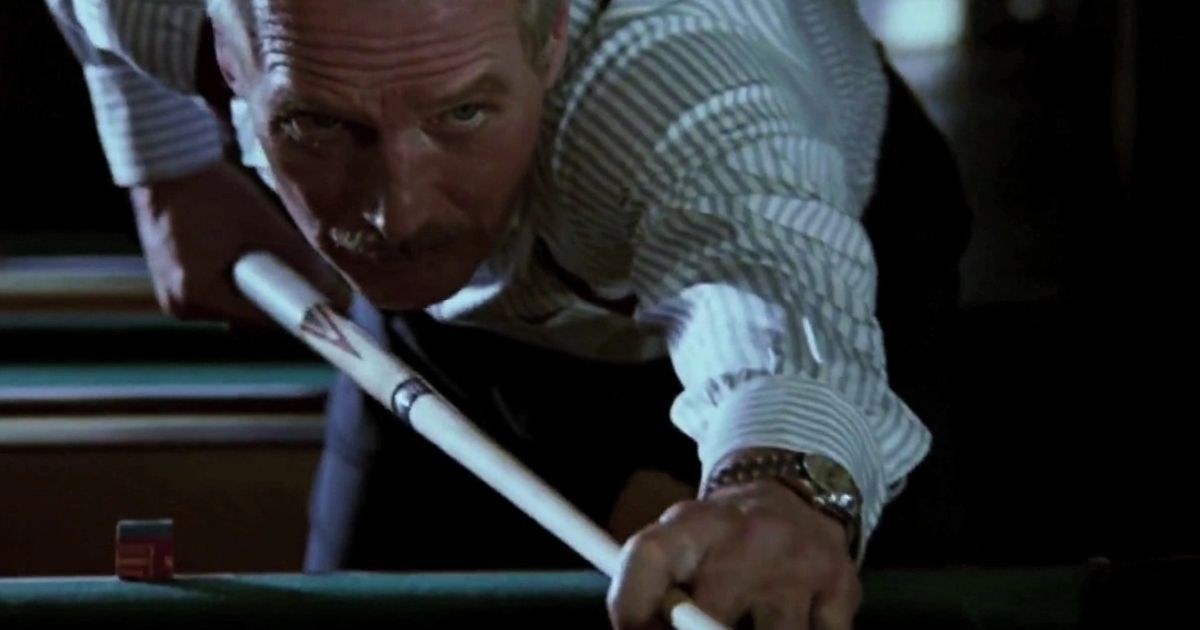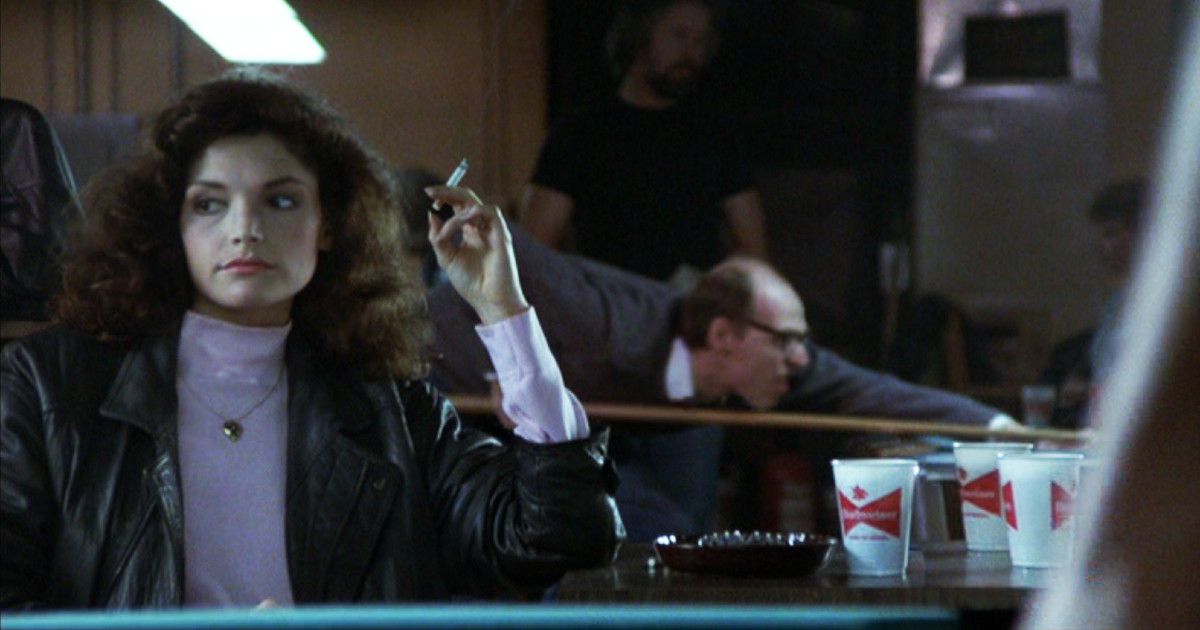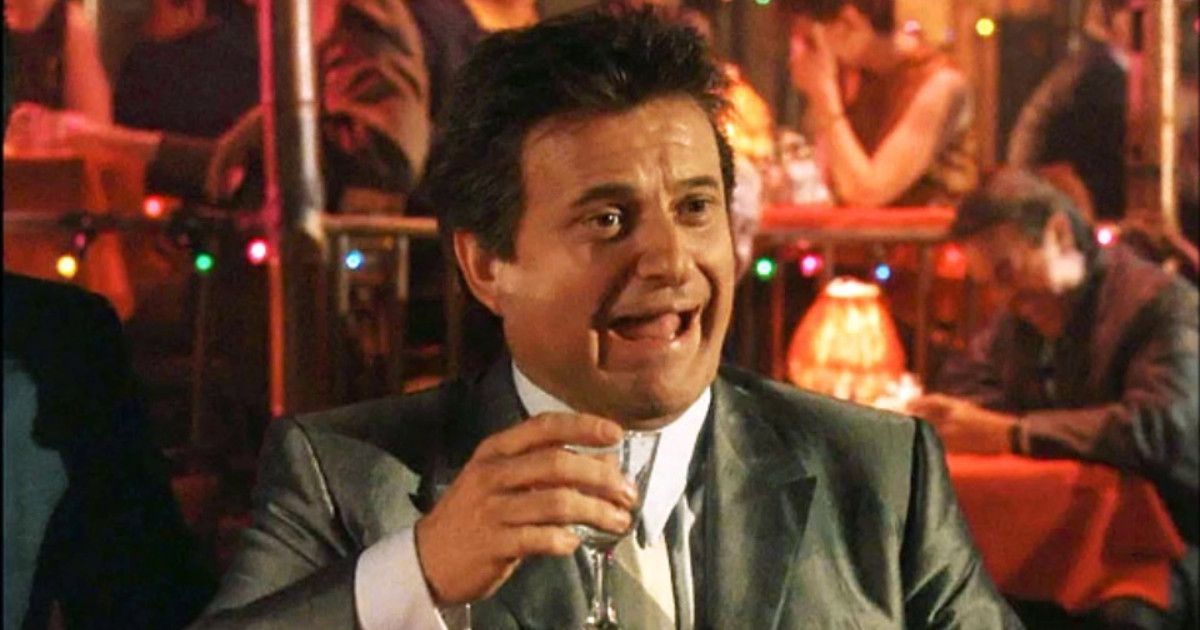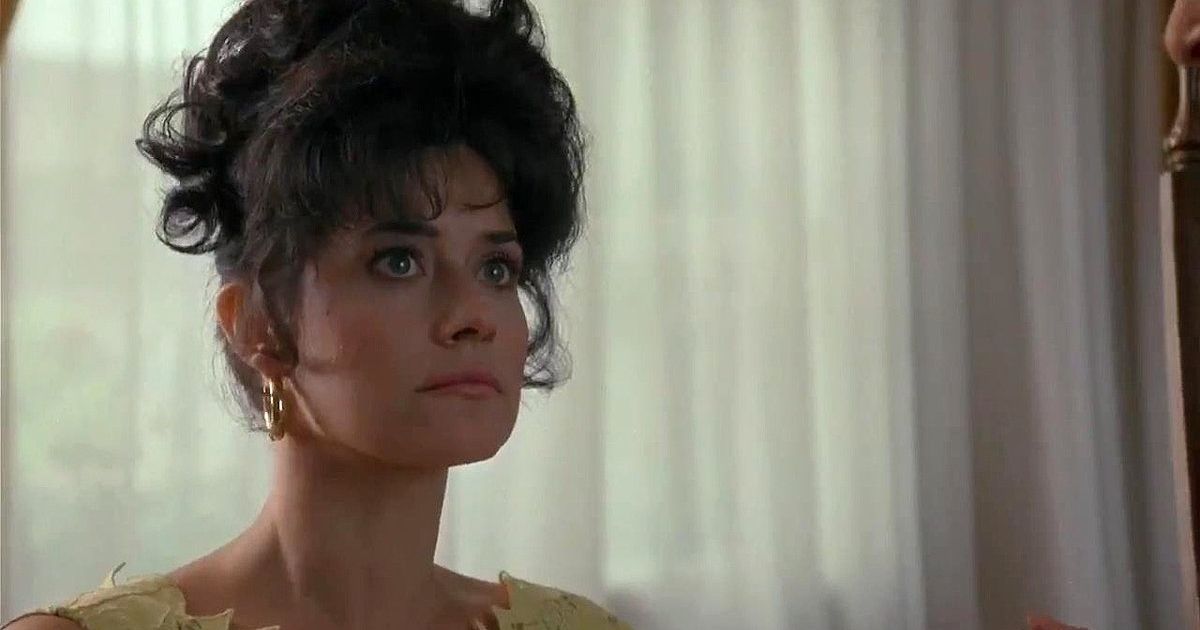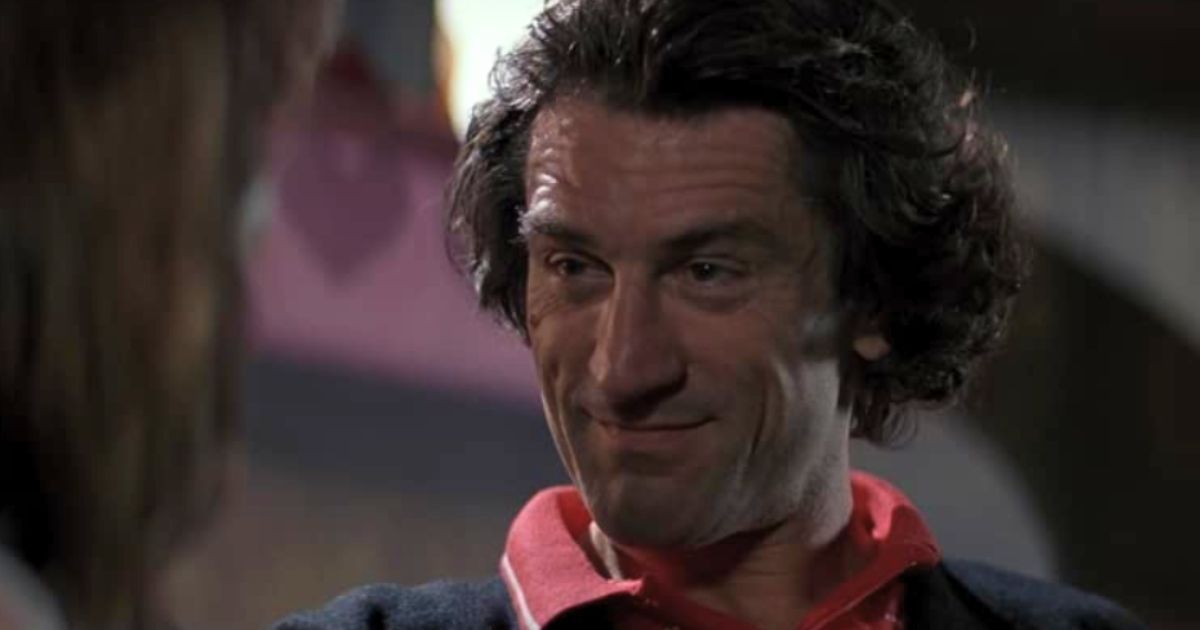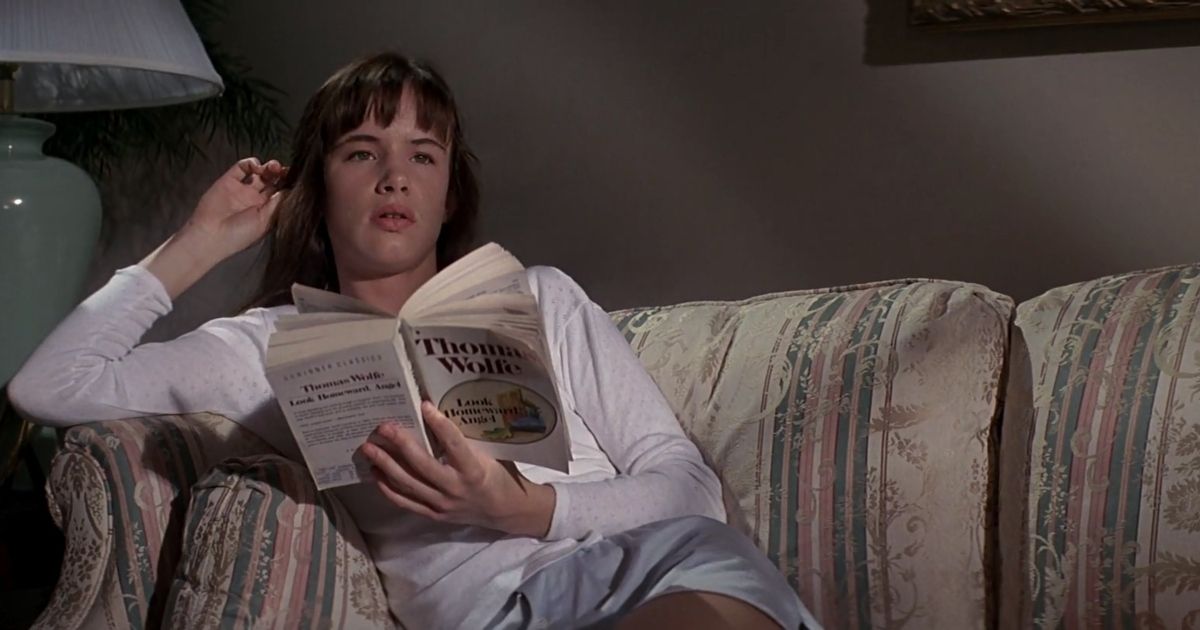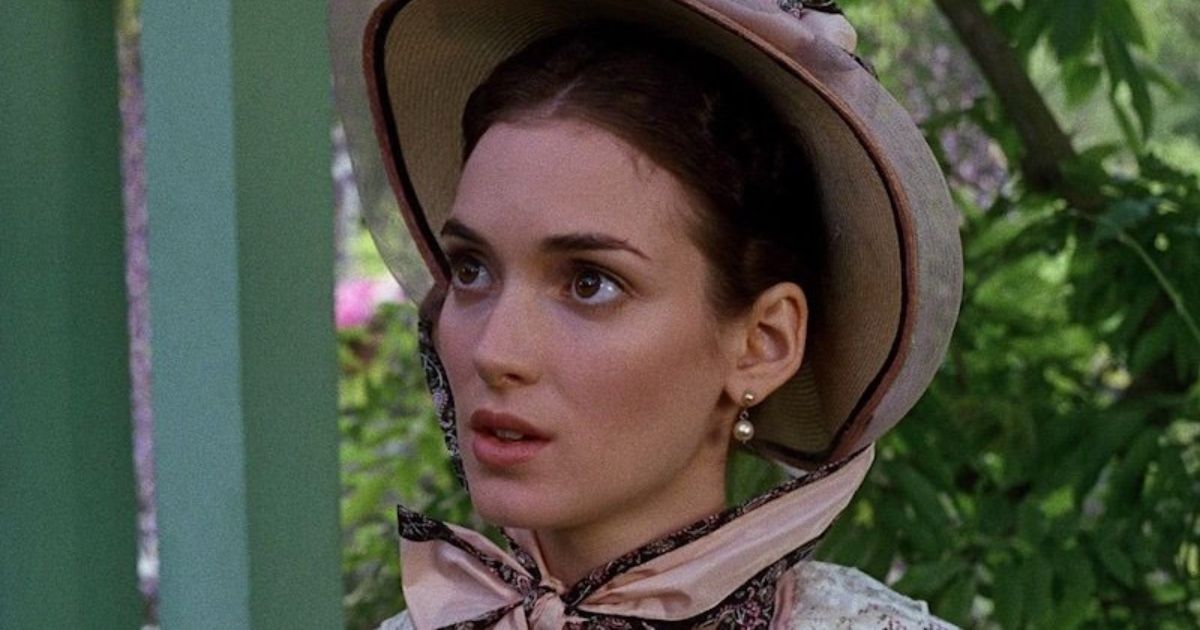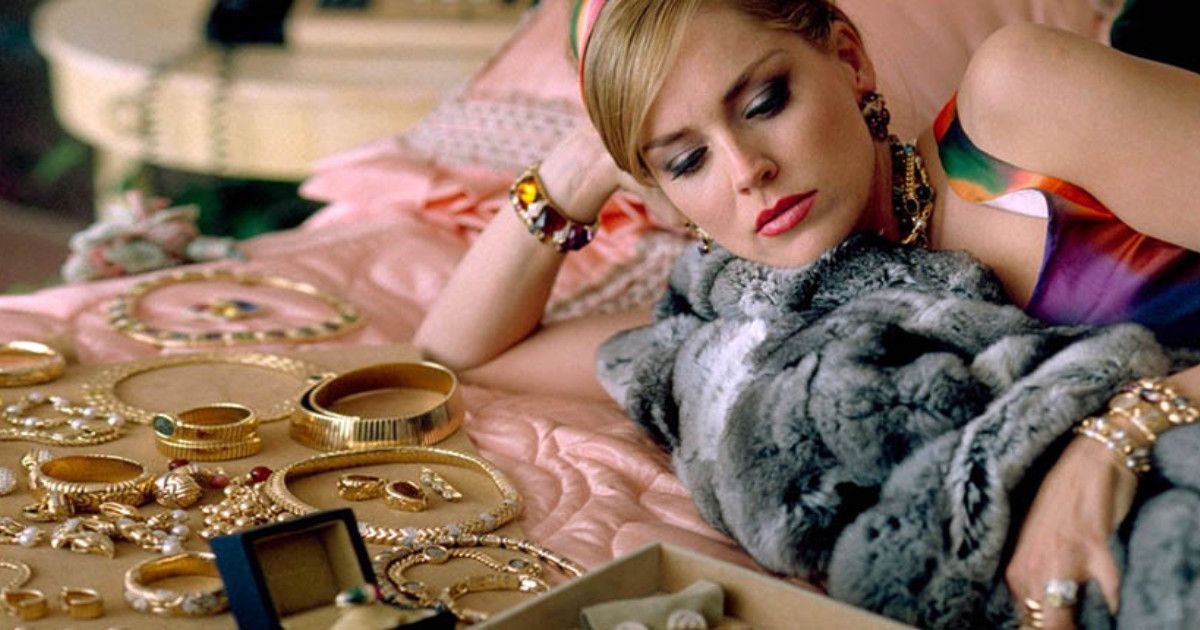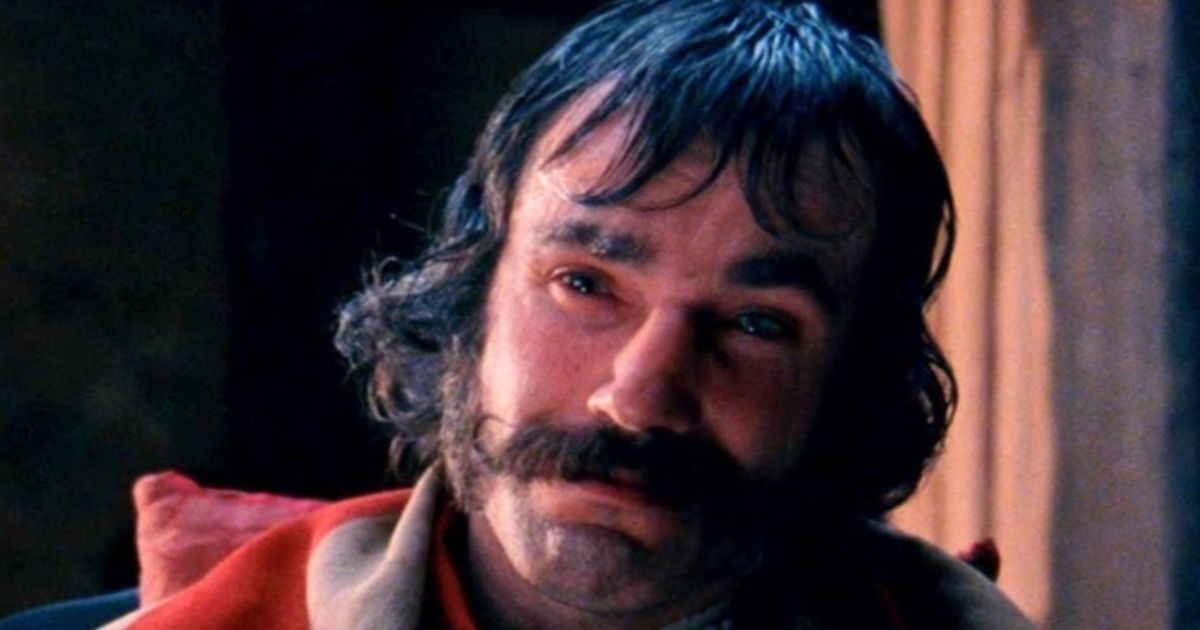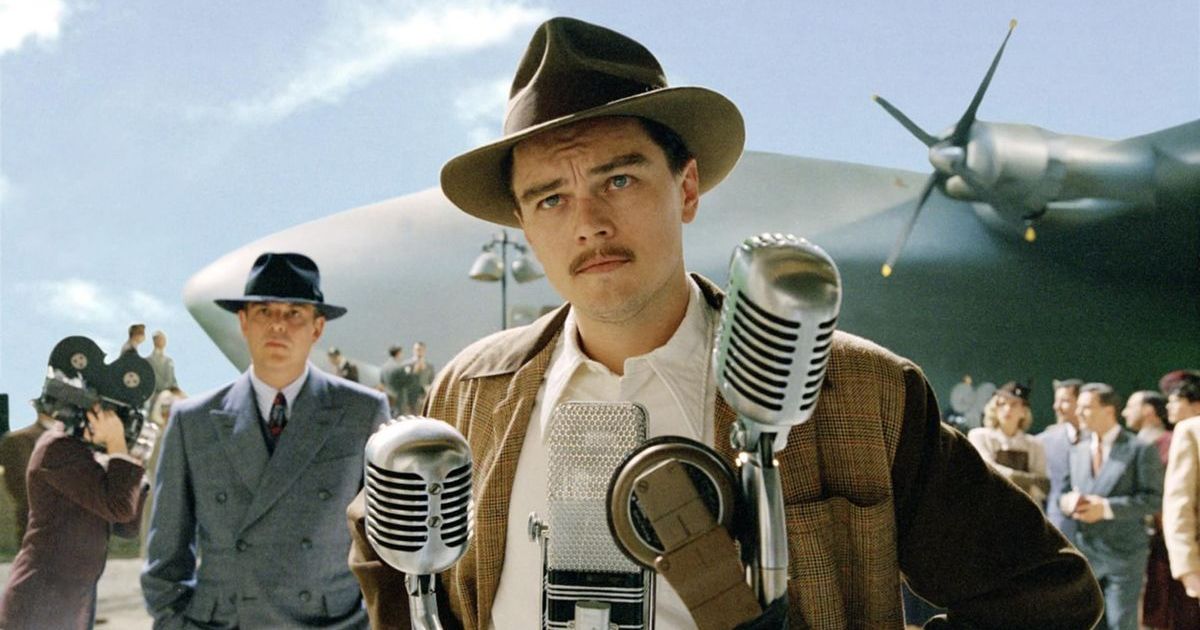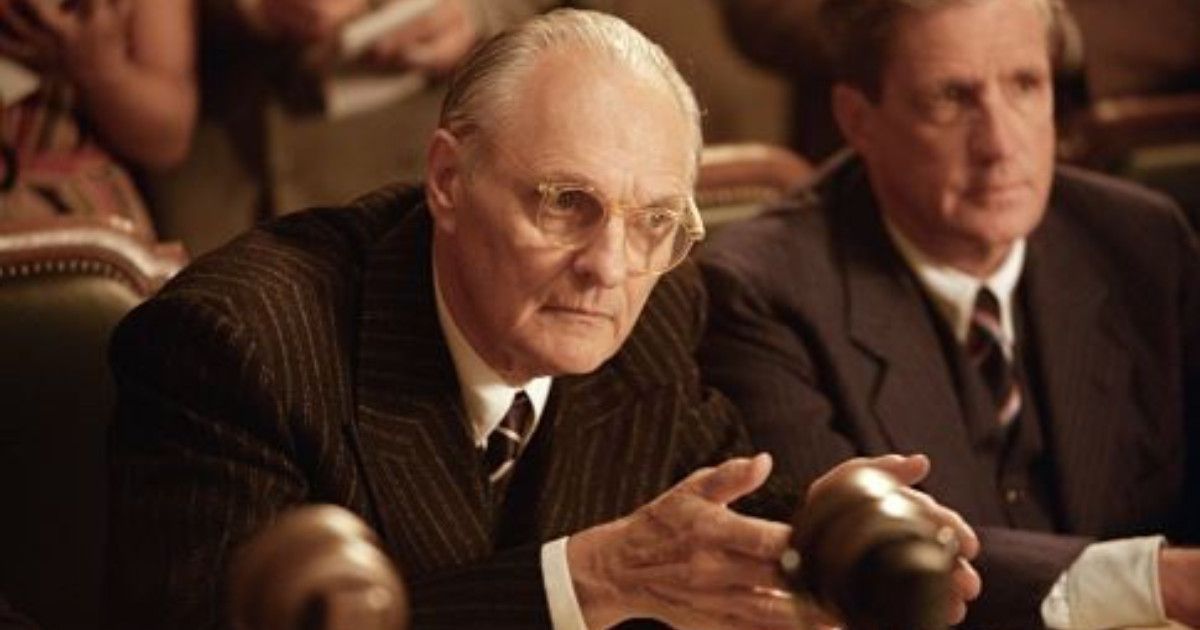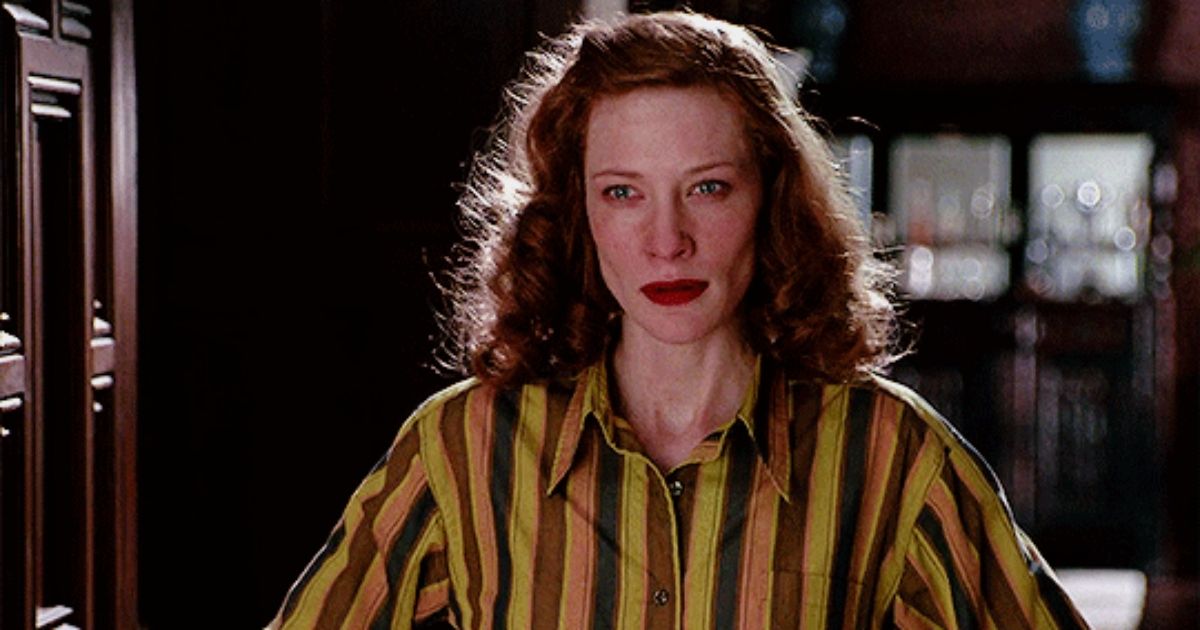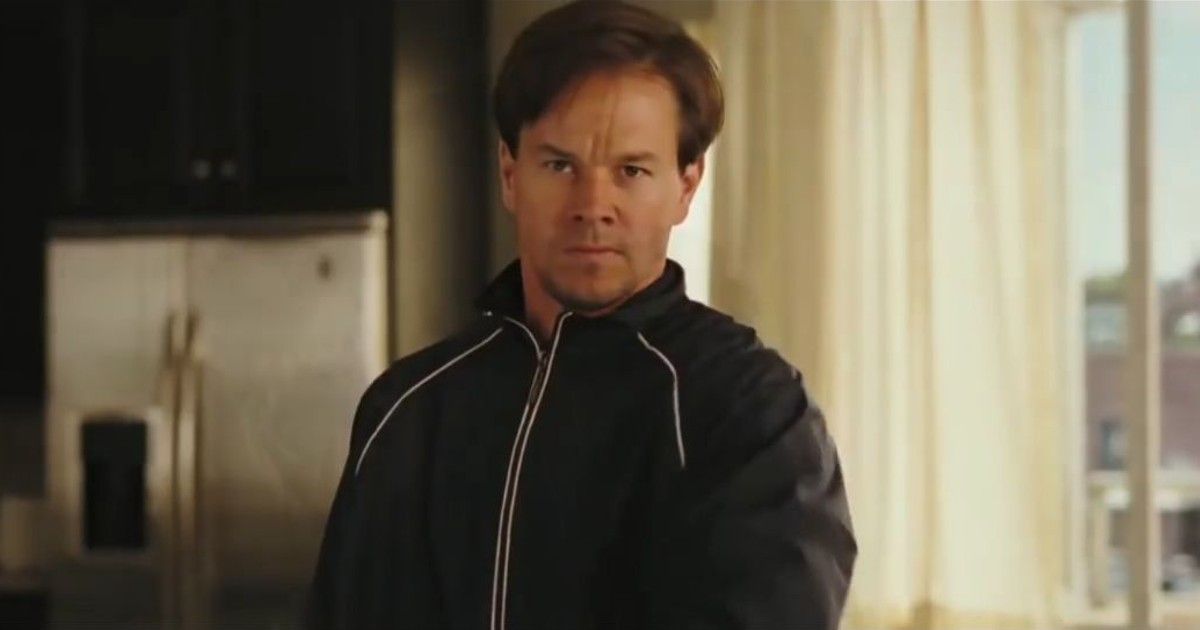Some of the most famous performances of all time were directed by the man of the hour, Martin Scorsese. His collaborations with Robert De Niro alone produced three nominations at the Academy Awards, along with three for Joe Pesci and two for Leonardo DiCaprio. Those are his three most famous collaborators, with each providing tremendous name value to their respective casts.
But of course, several other thespians showed up throughout Scorsese’s career well enough to garner Academy Award nominations of their own. And for what it’s worth, five of these nominations turned into golden statuettes. Pretty impressive. All that said, this is every Oscar-nominated performance from Martin Scorsese movies, ranked in order of their film’s respective releases.
24 Ellen Burstyn in Alice Doesn’t Live Here Anymore
Perhaps the least-known film on the list, Alice Doesn’t Live Here Anymore (1974) just doesn’t quite hold the name value in hindsight compared to its many Martin Scorsese contemporaries. It follows Ellen Burstyn’s titular protagonist Alice Hyatt, a widow who goes with her preteen son on a cross-country road trip to find a better life.
The film picked up three nominations at the Academy Awards: Best Original Screenplay, Best Supporting Actress, and Best Actress for the thespian at hand. She actually walked away with gold for her efforts, going down as not just the first nomination from a Martin Scorsese movie, but the first win as well. Pretty impressive from Burstyn.
23 Diane Ladd in Alice Doesn’t Live Here Anymore
The aforementioned recipient of the Best Supporting Actress nomination for Alice Doesn’t Live Here Anymore was Diane Ladd. She appears as a waitress named Florence “Flo” Jean Castleberry, establishing a great rapport with the film’s roster of interesting characters from her first scene.
But in spite of those solid efforts from Ladd, she came up short at the Oscars, losing to Ingrid Bergman for her work in Murder on the Orient Express (1974). For what it’s worth, though, Ladd did come out on top for the same category at the British Academy Film Awards. And again: the accolade was well-earned through and through.
22 Robert De Niro in Taxi Driver
When mentioning the critically acclaimed career of Martin Scorsese — widely regarded among America’s most revered directors — it’s impossible not to think of his many collaborations with Robert De Niro. He’s one of the best his craft has ever seen, too. Among America’s finest actors, in other words, and his role as Travis Bickle here in Taxi Driver (1976) is the role that put him on the Hollywood map.
He garnered a Best Actor nomination, but came up short to Peter Finch for the latter’s efforts in Network (1976). No snub there, really, but this is without a doubt the more iconic role. Travis Bickle’s character arc is among the most palpable and poignant ever put to screen, with this going down as one of the definitive performances from Scorsese’s many movies.
21 Jodie Foster in Taxi Driver
Sticking with Taxi Driver: showing up in supporting fashion was Jodie Foster. She received widespread acclaim from critics for her role, even picking up a Best Supporting Actress nomination at the Academy Awards. She lost to Beatrice Straight in Network, with that film by Sidney Lumet beating Taxi Driver in two straight categories on the list. But no matter. This work from Foster put her on the map, which is becoming a trend for Scorsese movies.
She shows up in Taxi Driver as Iris Steensma, a twelve-year-old prostitute who befriends De Niro’s titular character Travis. The characters and performers alike end up building a dynamic rapport, with Travis ultimately saving Iris from her current state. It’s a seminal role thanks to Foster, but also thanks to Scorsese.
20 Robert De Niro in Raging Bull
Just a few years following their efforts in Taxi Driver, the legendary efforts of Scorsese and De Niro bore fruit once again with Raging Bull (1980). The latter of those collaborators plays the titular character once again, this time as a real-life middleweight boxer named Jake LaMotta. And from his brawling style in the ring to his outrageous antics behind closed doors, De Niro played the part to a tee.
In fact, he won Best Actor at the Academy Award for his efforts, going down as his only victory in that category to date. And even four decades down the line, this is perhaps the greatest performance of his career, let alone from his collaborations with Scorsese.
19 Joe Pesci in Raging Bull
Although his many showings in Martin Scorsese movies are far less popular than De Niro’s, the actor at hand boasts the same number of Oscars for his work with the American director. Two nominations, with one win to boot. The first of those nods was for Raging Bull, as Pesci plays the little brother of De Niro’s titular lead.
And Jake LaMotta remains a standout from Pesci as well, even if he came up short for Best Supporting Actor. The honor that year went to Timothy Hutton for his role in Ordinary People (1980). Well-earned, without a doubt. But in hindsight, Pesci’s work as Jake was more impressive.
18 Cathy Moriarty in Raging Bull
Throughout the course of Raging Bull, you won’t just connect with this character on an emotional level. Audiences should legitimately resonate with Vickie LaMotta’s every word as they follow each of her footsteps, wishing for her to escape the brutal clutches of her nonetheless talented husband. And that’s not just due to Scorsese’s wonderful direction, but of course the pitch-perfect performance from Cathy Moriarty.
Simply citing a Best Supporting Actress nomination doesn’t do justice to these efforts. Sure, the actress at hand came up short at the Academy Awards to Mary Steenburgen’s work in Melvin and Howard (1980). But in any other year, Moriarty likely would have won, and her role as Vickie is without a doubt more iconic.
17 Paul Newman in The Color of Money
Reprising his role as “Fast Eddie” Felson in The Color of Money (1986) is Paul Newman, who actually won Best Actor outright for his work. He had portrayed the character once before in The Hustler (1961) by Rober Rossen. But here, it’s worth noting his co-stars: not just the following entry on the list, but also Tom Cruise. This was the same year in which he starred in Top Gun (1986) — it overshadowed his role in The Color of Money, unjustifiably so.
But with regard to Newman: he knew this character’s every idiosyncrasy, and that mastery of movements and dialogue bore fruit in this gambling movie about billiards. After first playing him in The Hustler and garnering a nomination in the same category, Newman finally walked away with gold for Best Actor.
16 Mary Elizabeth Mastrantonio in The Color of Money
The aforementioned performer who also garnered a nomination for their work in The Color of Money was Mary Elizabeth Mastrantonio. She plays Carmen, and she shares a tremendous rapport with her on-screen counterparts: both of the aforementioned actors in Tom Cruise and Paul Newman.
Mastrantonio picked up a nomination for Best Supporting Actress thanks to her work under Scorsese’s direction. And while Carmen goes down as a bit of an overlooked character in the grand scheme of Scorsese’s career, Mastrantonio deserved her nomination in spite of coming up short in the end. It’s worth noting that other talented thespians show up in The Color of Money as well, like Forest Whitaker and John Turturro. But Newman and Mastrantonio undoubtedly stood out.
15 Joe Pesci in Goodfellas
Among the single most famous performances from a Martin Scorsese movie — regardless of whether the role was nominated at the Oscars — is Joe Pesci as Tommy DeVito in Goodfellas (1990). From Tommy’s monologue about amusing his fellow gangster Henry Hill to Pesci’s abridged acceptance speech for Best Supporting Actor at the Academy Awards, this performance nearly transcends the medium.
Pesci filled these shoes to an absolute tee, standing out amid several notable efforts from his contemporaries like Robert De Niro and, of course, the following pick on the list. Goodfellas remains an essential piece of Scorsese cinema, one of the most revered projects ever made, even more than three decades later. Much of that success can be attributed to Joe Pesci.
14 Lorraine Braco in Goodfellas
One of the greatest female performances in Martin Scorsese movies goes to Lorraine Braco in Goodfellas, in which she plays Karen Hill. The wife of the main character Henry — portrayed by Ray Liotta — she runs the gamut of emotion with her heartfelt performance, showing audiences the dark side to being the wife of a gangster, as well.
Of course, she picked up a nomination for Best Supporting Actress at the Academy Awards for her efforts, and with good reason. The casting process of Goodfellas was actually turbulent for everyone involved, perhaps no one more than Braco — luckily for film fans everywhere, it all worked out in the end.
13 Robert De Niro in Cape Fear
Among the more spine-chilling efforts from a thespian throughout the filmography of the director at hand goes to his most famous partner in Robert De Niro. Here in Cape Fear (1991), he plays the antagonist named Max Cady. Recently released from prison, Cady seeks revenge on the (former) public defender (played by Gregory Peck, in his final film role, no less) who rendered his sentence. And as Cady was convicted for violent aggressions, it’s again worth noting that his efforts overshadowed even the unhinged performance by Robert Mitchum in the 1962 film of the same name.
Nobody was beating Anthony Hopkins for The Silence of the Lambs (1991) when it came to Best Actor at that year’s Academy Awards ceremony. But De Niro received a nomination, nonetheless. This is easily among his finer works in a Martin Scorsese movie. But despite his nomination, these efforts seem to get thrown a bit too close to the modern wayside.
12 Juliette Lewis in Cape Fear
Opposite De Niro’s character in Cape Fear is Danielle Bowden, portrayed to a tee by Juliette Lewis. She exudes innocence and purity, but also strength and resolve under the most difficult of circumstances. Danielle — or, Danny, as a nickname — is a primary target of Cady’s antics, and the resulting dynamic electrifies the film from start to finish.
This was the role that put Lewis on the map of critical acclaim. It led to major parts in other films such as Natural Born Killers (1994) and From Dusk Till Dawn (1996), and it even garnered her a Best Supporting Actress nomination at the Academy Awards. And although she came up short, her work in Cape Fear still stands out amongst her filmography today.
11 Winona Ryder in The Age of Innocence
By the time the cast of The Age of Innocence (1993) was released to the public, Winona Ryder was already one of the hottest rising actresses on the Hollywood block. This got audiences excited, obviously, thanks to her fan-favorite roles in films like Heathers (1989) and Edward Scissorhands (1990). And she nailed all expectations.
Of course, The Age of Innocence was adapted from the 1920 novel of the same name by Edith Wharton, with Ryder playing the part of May Welland. Her efforts gained traction with critics, and even with the Academy. This remains the only Best Supporting Actress nomination of her career, and one of two nods in general. Another entry for the list of Scorsese performances.
10 Sharon Stone in Casino
With two of Scorsese’s most famous and greatest collaborators also attached to Casino (1995) — Robert De Niro and Joe Pesci, that is — it’s a feat in itself that Sharon Stone managed to shine as the brightest star of the bunch. She picked up a Best Actress nomination for her role as Ginger McKenna, and it was well-earned through and through.
Her nomination was the only one garnered by the film as a whole at the Academy Awards, too. And that’s in spite of great direction from Scorsese, a well-written script from him and Nicholas Pileggi, along with brilliant performances across the board. Sharon Stone was at the top of her game throughout the 1990s, and this was arguably her greatest work.
9 Daniel Day-Lewis in Gangs of New York
Among the most fan-favorite characters of Scorsese’s massive roster is Bill “The Butcher” Cutting, portrayed by Daniel Day-Lewis in what would have been a career-defining performance for anyone else. But of course, this is one cinema’s all-time greatest thespians, with three wins for Best Actor under his belt at the Academy Awards.
No one has walked away with more golden statuettes. And while Gangs of New York (2002) is one of his three other nominations that didn’t emerge with a win, the resounding presence and sheer force that was Bill “The Butcher” will forever be remembered among film fans for the indelible efforts of Daniel Day-Lewis.
8 Leonardo DiCaprio in The Aviator
Following their work together in Gangs of New York, the director at hand teamed up once again with American actor Leonardo DiCaprio to produce one of the best on-screen portrayals of a real-life figure from throughout the 2000s. The famous, titular character in The Aviator (2004) named Howard Hughes had a rather eccentric personality, and DiCaprio portrayed his many idiosyncrasies to respective tees.
Obviously, his efforts resulted in a Best Actor nomination at the Oscars. And although he came up short Jamie Foxx as the titular character in Ray (2004), this nod could have been rendered a win in any other year. It’s among the actor’s finest stable of characters, with only one truly topping Hughes in terms of Scorsese collaborations. But more on that personality in a bit.
7 Alan Alda in The Aviator
Only two Scorsese movies have garnered three nominations for acting at the Academy Awards: first was Raging Bull, and second was this, The Aviator. Before DiCaprio’s nomination for Best Actor, the honor for Best Supporting Actor was up for grabs. And for The Aviator, the recipient was American actor Alan Alda. Sure, he came up short overall to Morgan Freeman for the latter’s efforts as Eddie Dupris in Million Dollar Baby (2004).
But Alda’s portrayal of real-life politician Owen Brewster was of course impressive, nonetheless. This has actually been the only piece of recognition for Alda regarding the Academy Awards, with most of his accolades coming for television shows at the Emmys. Without a doubt, that renders Brewster the definitive film role of Alan Alda.
6 Cate Blanchett in The Aviator
Among the most respected actresses of her generation is Cate Blanchett, who picked up her second overall nomination at the Oscars thanks to The Aviator. Her first was for Best Actress for her titular efforts in Elizabeth (1998). And although she came up short in the nineties, her Best Supporting Actress nomination for the film at hand actually turned into a win.
She’s since cleaned up her record and won a Best Actress award, too, which puts her in rarified air regarding female performers at the Oscars. But her work in The Aviator as the famous Katherine Hepburn will perhaps go down as the definitive role of her career, as it wasn’t just impressive on paper with the third ever win for acting in a Scorsese movie. But the nuances of her performance truly stand out, as well.
5 Mark Wahlberg in The Departed
In his first collaboration with Scorsese, actor Mark Wahlberg picked up his first ever nomination at the Academy Awards: Best Supporting Actor for his role as Staff Sergeant Dignam. And what’s more is that it remains his only nomination from the association to date, showcasing Scorsese’s penchant for eliciting the best out of his respective performers.
The Departed (2006) features a star-studded cast: aside from Wahlberg, there’s also Leonardo DiCaprio, Matt Damon, Jack Nicholson, and Martin Sheen. To say that Marky Mark was the only one of those vastly respected thespians to walk away with any sort of honor at the Academy Awards is really all that needs to be said.
This story originally appeared on Movieweb

